Hi there, pet lovers! 🕊️✨
Doves are among the most gentle, peaceful, and affectionate avian companions one can keep. Known for their calming coos and graceful beauty, these birds have been symbols of love and harmony across many cultures. As pets, they are surprisingly easy to care for and can form strong bonds with their human families.
In this comprehensive review, we will explore everything you need to know about keeping doves as pets—from their temperament and care requirements to costs, health, and availability. Whether you are curious about these elegant birds or considering adding one to your home, this guide will give you all the details to make an informed decision.
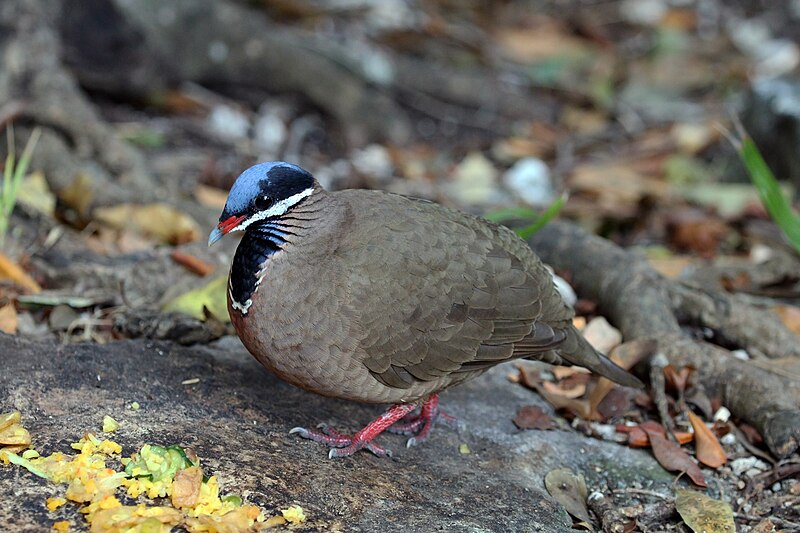
Overview
Doves are small to medium-sized birds from the Columbidae family. While there are many species, the most commonly kept as pets are ringneck doves and diamond doves. They are known for their calm temperaments, soothing cooing sounds, and strong pair-bonding behavior. Here’s a quick overview:
- Handling and Temperament: Gentle, affectionate, and rarely aggressive.
- Care and Maintenance: Moderate care needs; require a roomy cage, clean environment, and balanced diet.
- Health and Durability: Hardy birds if given proper nutrition and housing.
- Availability: Easily available through breeders, bird expos, and pet stores.
- Cost: Affordable, both in purchase and long-term care.
- Overall: A peaceful, loyal, and rewarding companion for bird enthusiasts.
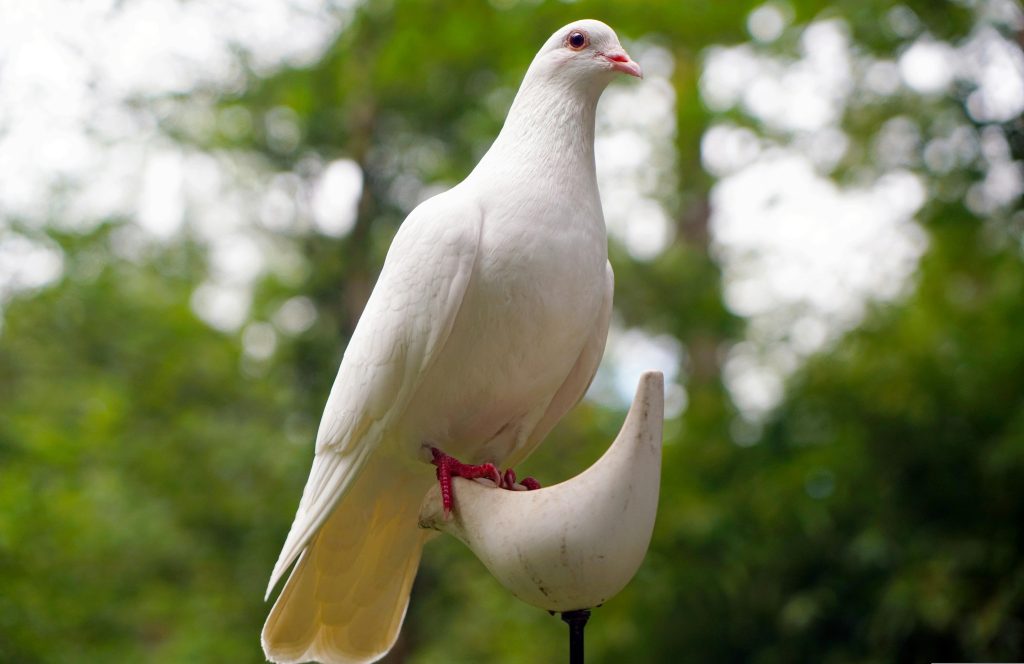
Why Choose a Dove?
Doves are an excellent choice for those who want a quiet, affectionate, and relatively low-maintenance pet bird. Unlike parrots, they are not destructive or loud, making them perfect for apartment living. Their gentle coos can be very soothing, and their calm demeanor makes them suitable for families, seniors, and even first-time bird owners.
They also thrive in pairs or small groups, which allows owners the joy of watching their natural bonding behavior. With lifespans ranging from 10 to 15 years for ringneck doves and up to 20 years for diamond doves, they can be long-term companions.
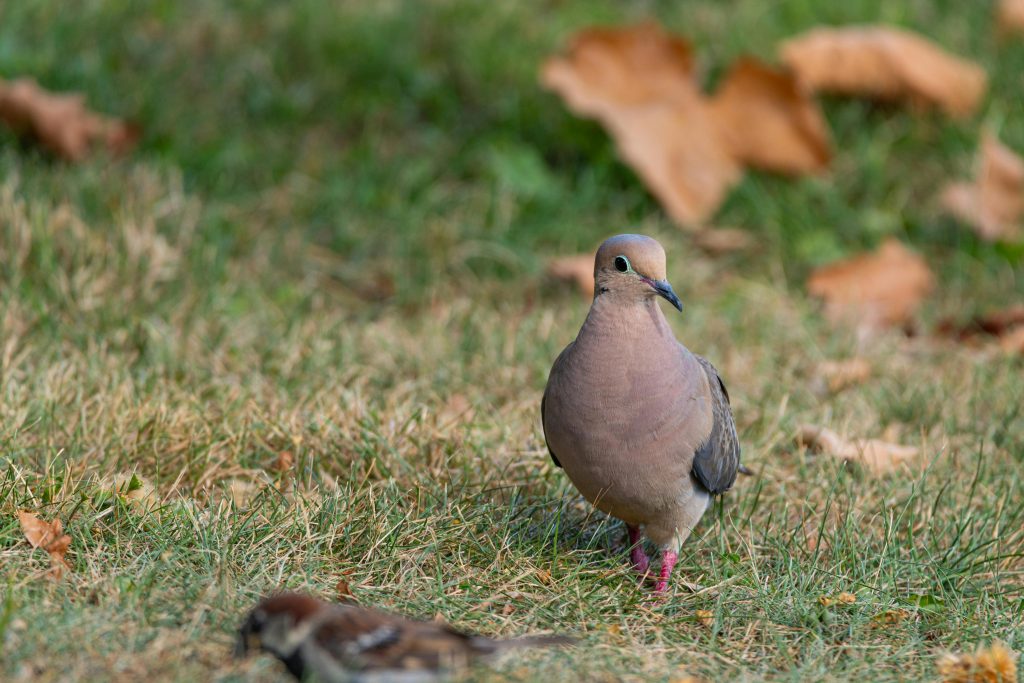
Handling and Temperament
Doves are known for their sweet and gentle personalities. They are not aggressive birds, and while they may be shy at first, they can become very affectionate with time.
Personality Variations
- Ringneck Doves: Typically calm, social, and very adaptable to human interaction.
- Diamond Doves: Smaller and quieter, with a more delicate appearance. They are often less handleable but still tame with patience.
- Mourning Doves (wild species): While beautiful, they are not typically kept as pets due to legal restrictions in many areas.
Handling Tips
- Doves enjoy human interaction but do not usually like excessive handling. Allow them to perch on your hand or shoulder rather than being squeezed or restrained.
- Always handle them calmly and avoid sudden movements to prevent stress.
- They thrive on gentle daily interaction but also appreciate having time alone or with a mate.
Vocalization
Doves are not noisy birds. Instead of squawking or screeching like parrots, they produce soft, melodic coos. This makes them ideal for households that prefer quieter pets.
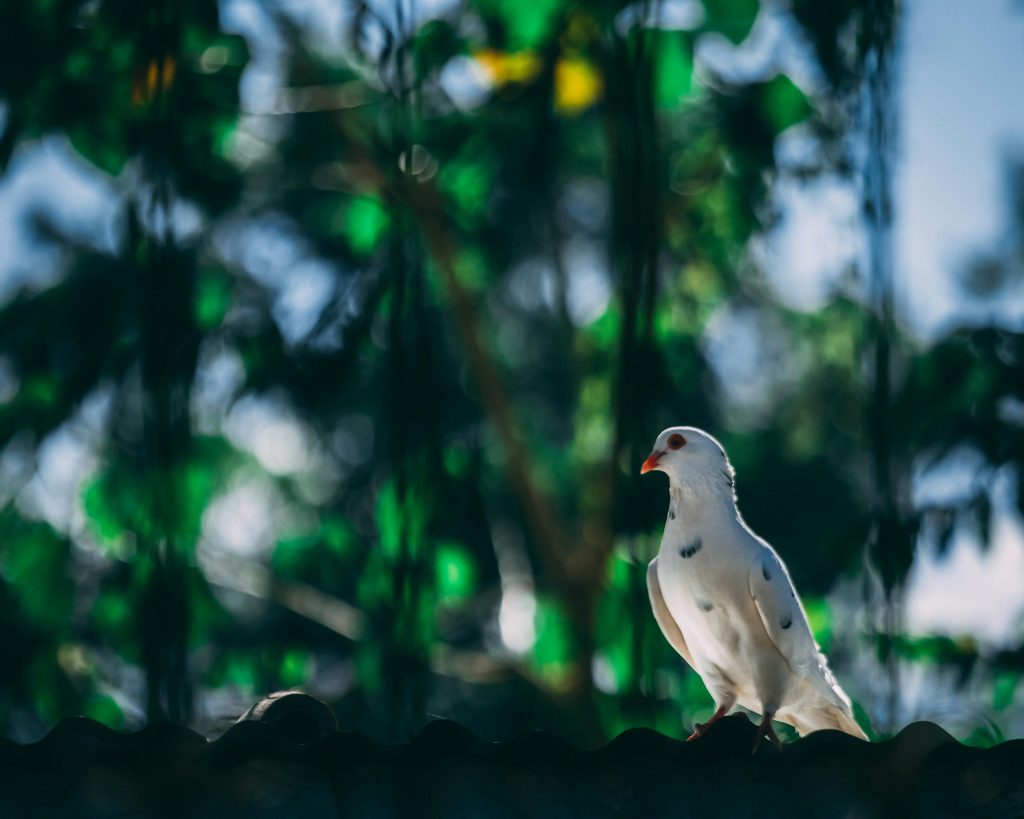
Care and Maintenance
Doves are relatively easy to care for, but they do require a clean, safe environment and a balanced diet.
Enclosure Setup
- Cage Size: A single pair of doves should have at least a 24 x 24 x 24 inch cage. Larger is always better, as they need room to fly short distances.
- Bar Spacing: ½ inch or less to prevent injury.
- Perches: Provide natural wood perches of varying diameters to promote healthy feet.
- Accessories: Doves enjoy shallow dishes for bathing, along with a few toys or safe branches for enrichment.
- Location: Keep the cage in a well-lit, draft-free area away from loud noises or sudden disturbances.
Diet
Doves thrive on a simple but balanced diet:
- Base Diet: High-quality dove or pigeon seed mix.
- Supplements: Fresh greens (like kale, spinach, and dandelion), millet sprays, and grit (essential for digestion).
- Fruits & Veggies: Offer small amounts of apple, peas, or carrots occasionally. Avoid avocado, chocolate, and caffeine as they are toxic.
- Water: Fresh, clean water must be available at all times.
Cleaning
Cleanliness is essential for dove health:
- Daily: Change food and water dishes.
- Weekly: Replace cage liner, clean perches, and wash toys.
- Monthly: Deep clean the entire cage and accessories.
Lighting
Doves benefit from natural sunlight or full-spectrum UV lighting, which supports vitamin D production and bone health.
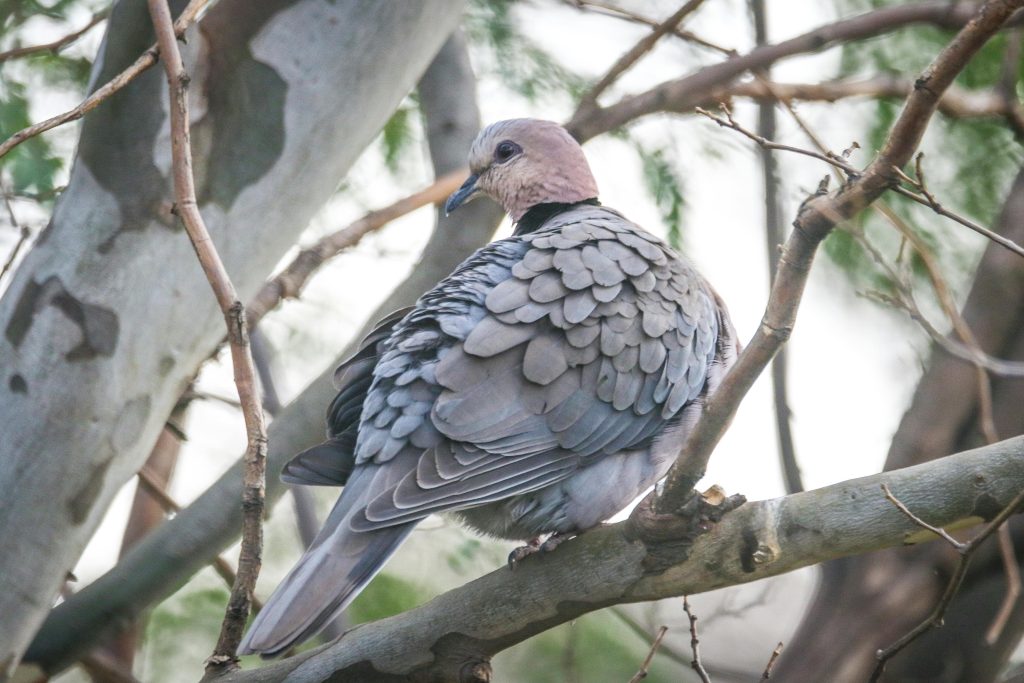
Health and Durability
Doves are generally hardy birds, but like all pets, they can be prone to certain health conditions.
Common Health Issues
- Respiratory Infections: Caused by dusty environments or poor ventilation. Symptoms include wheezing, nasal discharge, and lethargy.
- Parasites: Mites and lice can occasionally affect them if cages are not kept clean.
- Obesity: Too many seeds without exercise can lead to weight gain.
- Egg Binding: Female doves can occasionally suffer from difficulty laying eggs if calcium is insufficient.
Preventative Care
- Maintain a clean, well-ventilated cage.
- Provide calcium supplements (like cuttlebone) for egg-laying females.
- Schedule regular vet checkups, especially with an avian specialist.
- Watch for changes in droppings, appetite, or activity levels as early signs of illness.
With proper care, doves can live 10–20 years, depending on the species.
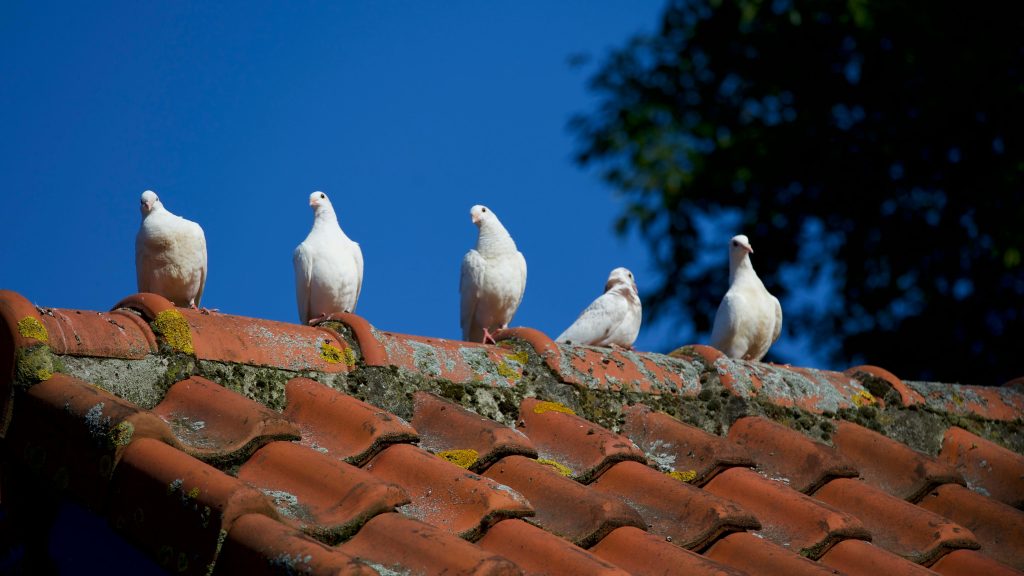
Availability and Cost
Doves are widely available and quite affordable compared to many other birds.
Where to Buy
- Breeders: Best source for healthy, well-socialized doves.
- Bird Expos: Great opportunity to meet breeders and view multiple dove varieties.
- Pet Stores: Some carry doves, but always check the bird’s health and conditions before purchasing.
- Rescues & Sanctuaries: Doves are sometimes surrendered and in need of new homes.
Cost
- Purchase Price: $20 to $50 for ringneck doves, $30 to $100 for diamond doves. Rare color morphs may be more expensive.
- Setup Cost: Around $100 to $250 for a proper cage, perches, and supplies.
- Monthly Care Cost: Approximately $20 to $40 for food, grit, and bedding.
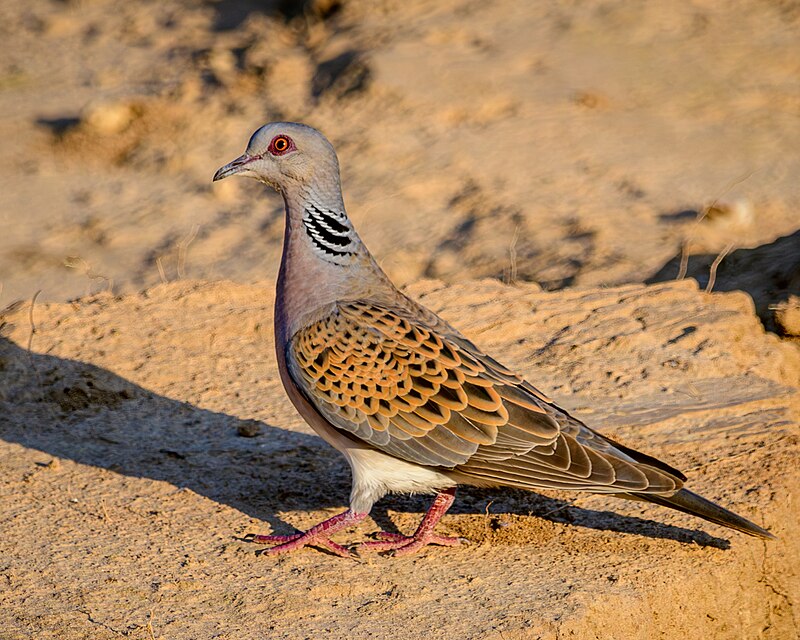
Pros and Cons
Pros
- Gentle, affectionate, and peaceful pets.
- Quiet compared to parrots.
- Affordable to purchase and care for.
- Long lifespan (10–20 years).
- Beautiful plumage and soothing coos.
Cons
- Require regular cleaning and care.
- Not as interactive or trainable as parrots.
- Females may lay eggs even without a mate, which requires monitoring.
- Can be shy and may not enjoy excessive handling.
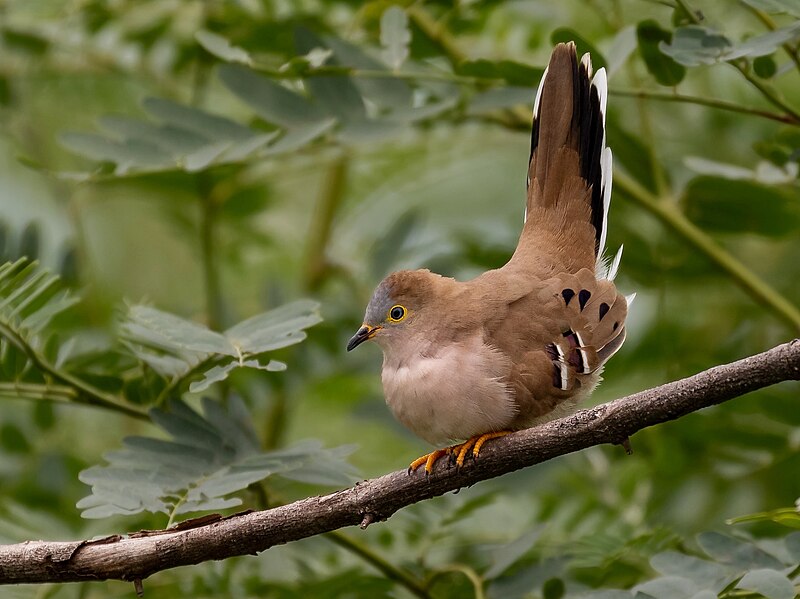
Final Thoughts
Doves are a wonderful option for bird enthusiasts seeking a gentle, peaceful, and relatively low-maintenance companion. Their soft coos, affectionate nature, and calm presence make them ideal pets for those who appreciate quiet companionship. While they do have specific care needs, such as regular cleaning, a balanced diet, and proper housing, the effort is rewarded with years of companionship and joy.
For those considering a dove, visiting a breeder or bird expo is highly recommended. Meeting the birds in person allows future owners to appreciate their individual personalities and graceful beauty. Whether kept as a single bonded pair or as part of a small aviary, doves are sure to bring serenity and charm into any home.
Have you ever owned a dove? Share your experiences and tips in the comments below! We’d love to hear how you care for your feathered friend and what makes them special to you.
For more bird care guides and pet reviews, stay tuned to our blog and subscribe to our newsletter! 🕊️

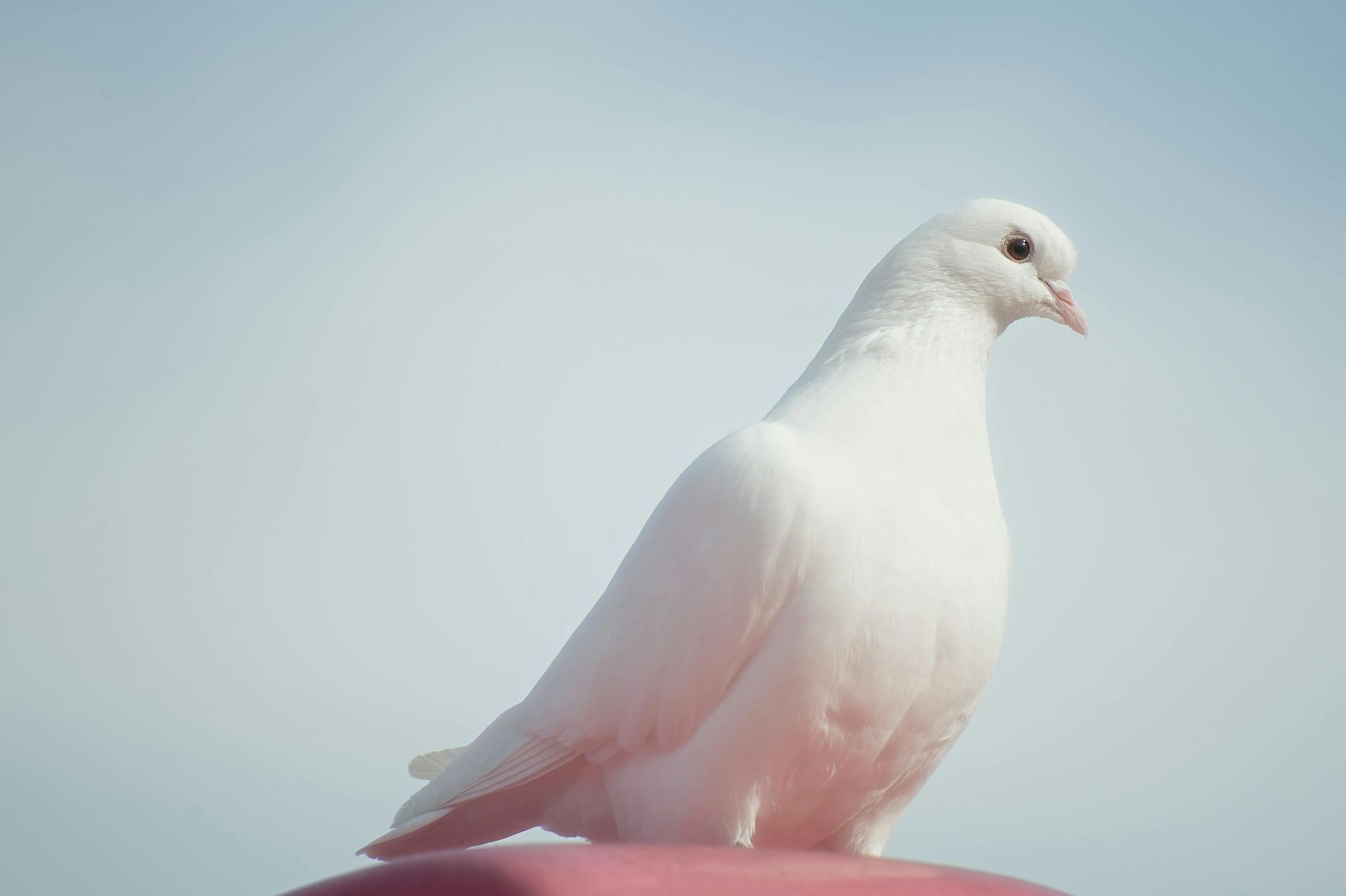

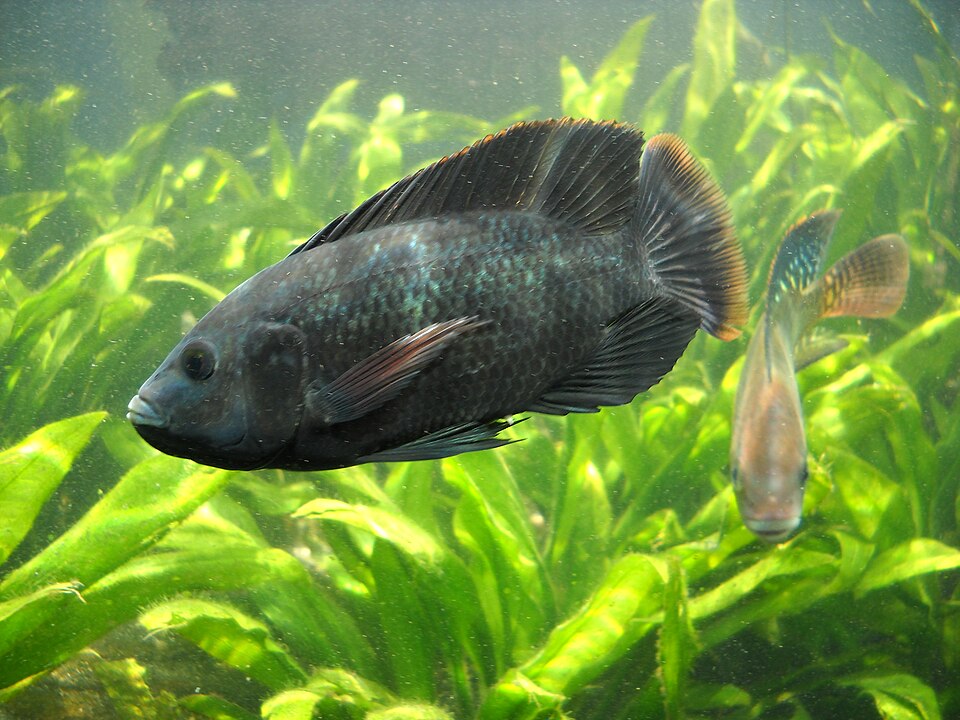
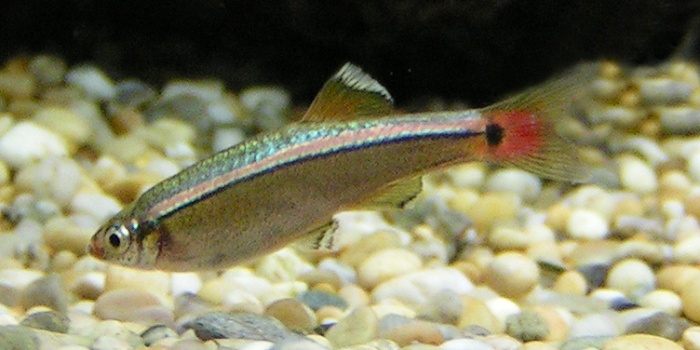
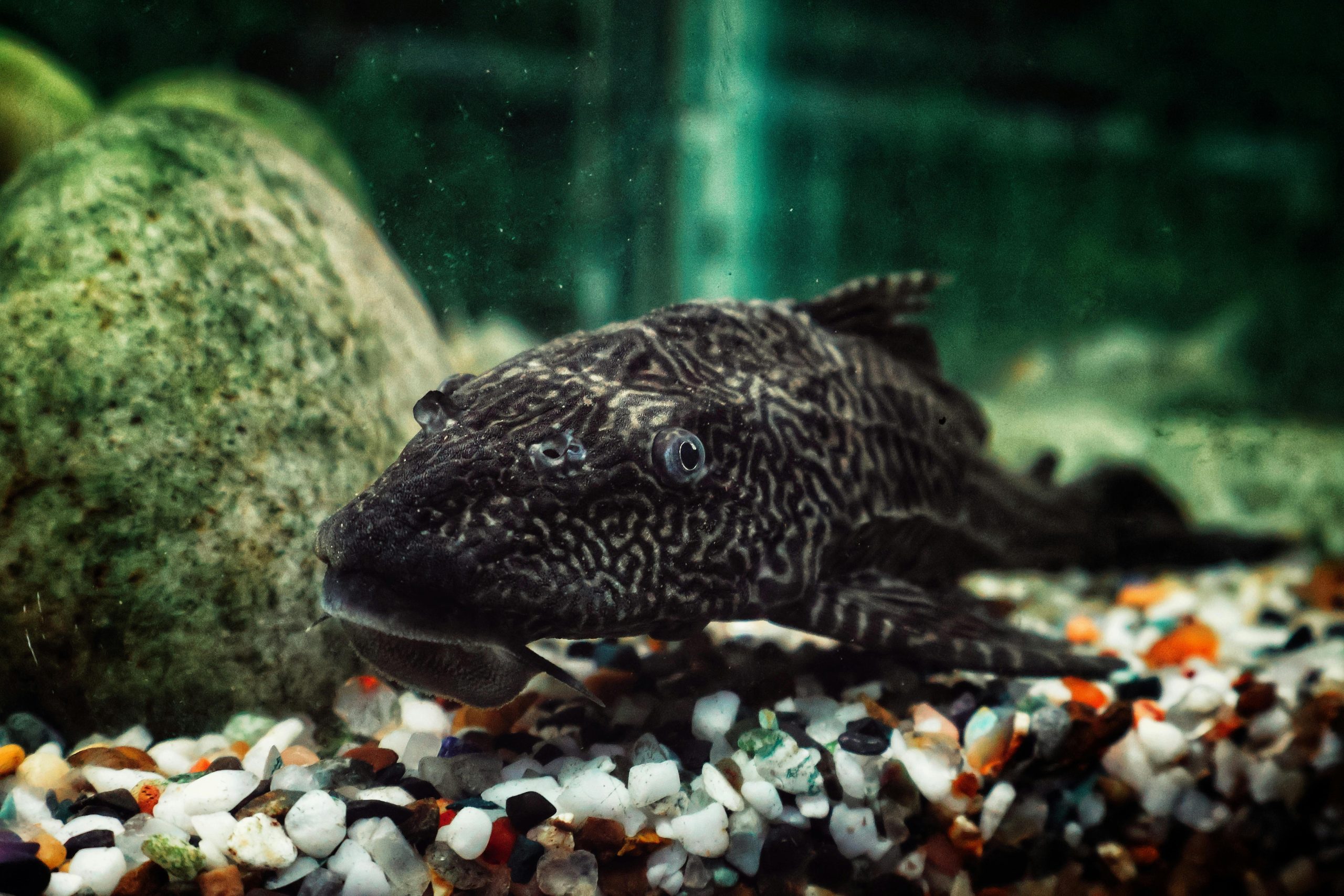
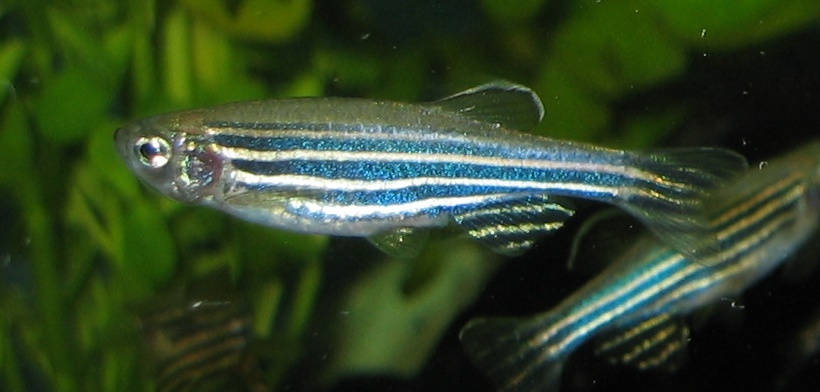
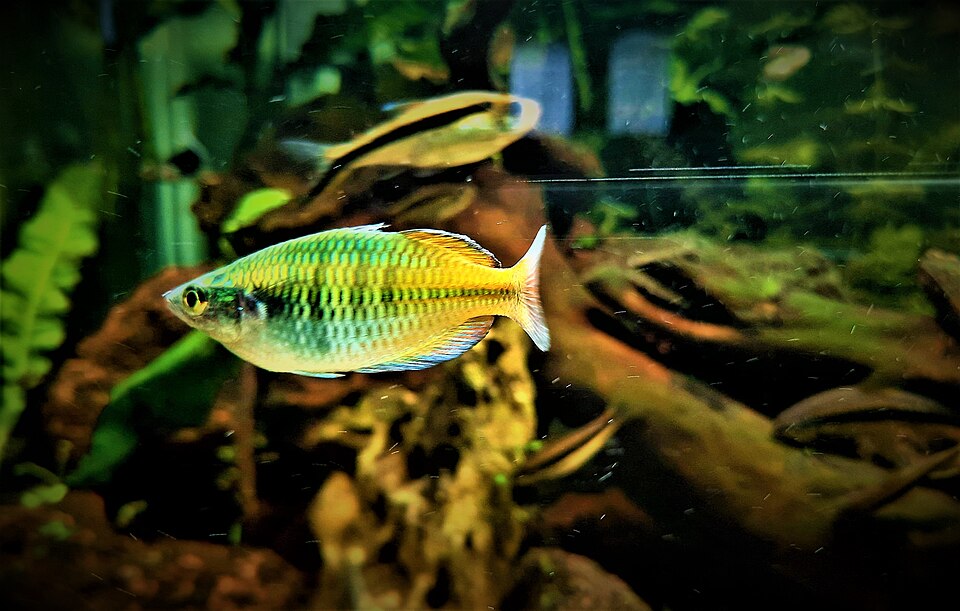
Leave a Reply